Much has been written about how Russia’s invasion of Ukraine is damaging the global economy.
When the war first began in February 2022, it was predicted that Europe would freeze without gas, that the EU’s chemical industry would collapse without Russian raw material imports, and that basic foodstuffs, such as wheat and oil would create starvation in the developing world.
None of this has happened.
While inflation has soared – particularly for goods produced in Russia and Ukraine – government policies seem to have it largely under control, with the IMF predicting, “Global inflation is expected to fall from 8.8 percent in 2022 to 6.6 percent in 2023 and 4.3 percent in 2024.”
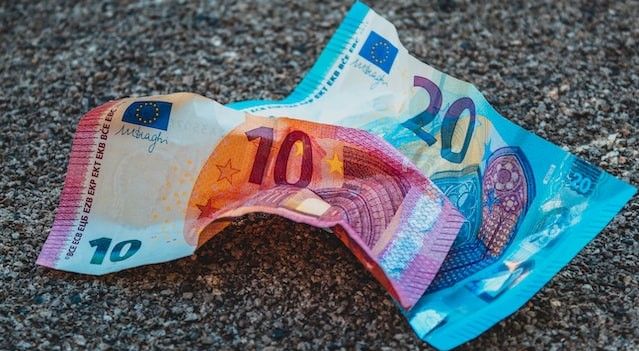
But how is the Russian economy coping with the cost of war, restrictions on fossil fuel exports, and widespread economic sanctions?
According to the latest figures from the World Bank, the International Monetary Fund (IMF) and the Organisation for Economic Cooperation and Development (OECD), which state that, “2022 was a bad year for the Russian economy. It is estimated that in 2022, Russia’s gross domestic product (GDP) dropped by at least 2.2% in the best-case scenario and by up to 3.9% in the worst-case scenario.”
Yet amazingly, despite the deepening cost of the war, the IMF is predicting that the Russian economy will grow in 2023 by 0.3%.
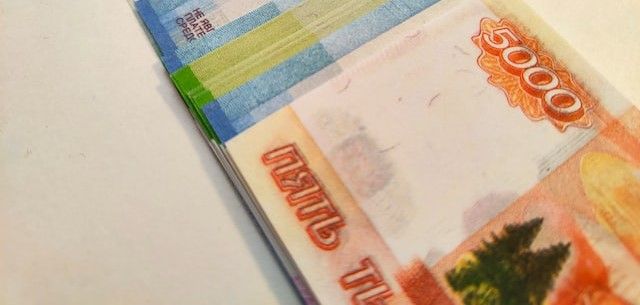
However, a new study led by Jeffrey Sonnenfeld of the Yale School of Management has now debunked those figures as purely massaged - even calling it propaganda.
“The information the World Bank is presenting is completely wrong because it is directly off Rosstat [the Russian state statistics service], which we know has had a change of leadership three times over [in recent months],” said Prof. Sonnenfeld. “Why would that be? Because they keep changing until they find apparatchiks that will do Putin’s bidding.”
As part of his team’s research, he asked the IMF and World Bank where they were getting their statistical data for Russia from and was told that all of the key information that Russia is required to submit to these institutes was not being handed over.

From this he concludes that there is no information on current imports, exports, direct foreign investment etc. and that it is therefore impossible to predict Russia’s current economic position.
“We don’t know about any of the metrics that are required by the IMF and the World Bank,” he added. “All we’re getting is invented numbers. So, the reason Putin has survived economically is lies. Putin wakes up in the morning and picks a GDP number and puts it out there and the IMF and World Bank credentialize it.
Sonnenfeld also highlights incompatibilities in other areas of the Russian economy.
The stock market is reputedly holding firm, although largely because many foreign investments there have had trading frozen, with Western firms unlikely to ever be able to sell and withdraw their funds.
The Rouble is currently trading at around 75 to the US dollar, yet is anyone actually trading in Roubles? Tourism to and from Russia has dropped to almost zero and exports have fallen dramatically, such that the only people wanting to do business in Roubles are the Russians.
The ‘brain drain’ of young highly skilled or educated professionals fleeing the draft by emigrating to Armenia, Georgia, or other former Soviet satellite states. As Al Jazeera reported in May 2022, nearly four million Russians left the country in the first three months of 2022.”
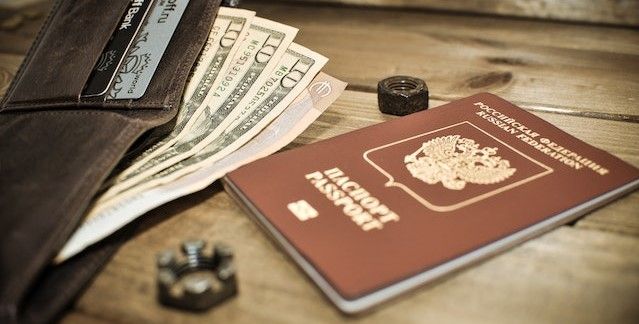
When asked what he believed to be the true economic data for GDP growth for 2023, Sonnenfeld simply answered, “We don’t know.” Before adding that, “We do know that every key industrial sector is down. We do know that the auto industry is not down 10, 20 or even 90 percent, they’re down 99 percent. We know the retail industry is down 65 percent. We get this from everyone selling into Russia, buying from Russia. Sure, there’s some smuggling from Third World countries, so you can pay a 60 percent premium and wait three months to get a replacement screen for your iPhone, but you can’t run a major industrial sector with intermittent supply and exorbitant prices.”
While many point to the continued fossil fuel exports to Europe as a source of much needed income to keep the economy afloat, the West’s agreed $60 per barrel price cap has severely restrict the Russian government’s income.
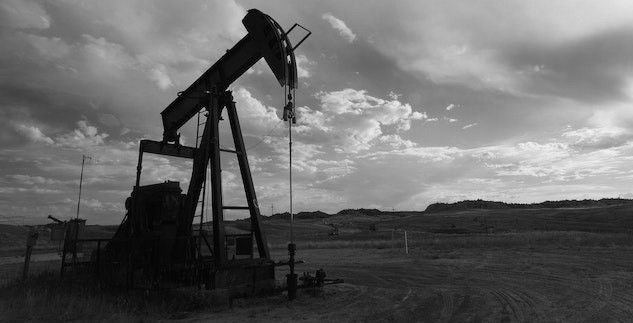
OECD data confirms that, “… fossil fuels accounted for as much as 63.2% of Russia’s exports in 2017 … [while] oil and gas revenues contributed to 36% of the country’s federal budget in 2016.”
At time of writing [9th March], Russia’s Urals grade oil is trading at $60 – a new peak since December 2022 – while Brent Crude is listed at $83 a barrel.
This situation is because the loss of the European market has left Russia at the mercy of a small group of powerful purchasers, primarily China, Turkey, and India. At the same time, freight rates for tankers have increased for the thousands of kilometre needed to deliver cargo from western Russian ports to those buyers. The result is that barrel prices for Russian oil have had to be reduced to match those of supplies from the Middle East.
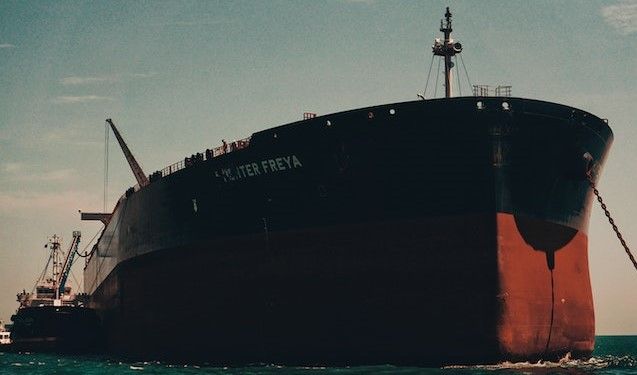
The $60 a barrel cap was set knowing that it costs Russia on average $45 to extract the oil. Any sales to the EU therefore give minimum profit to Russia and restricts purchases from India and China where transportation costs of $12 a barrel and a three-month delivery time on a tanker limit incentive.
No one can foresee who will win the war on the battlefield as brilliant commanders, stoic defenders, and individual heroism have no set data. However, the world of economics is far more black and white.
Russia’s economy may look stable and upright from a distance, but closer inspections seem to show a house of cards - an economy largely funded from fossil fuel exports that Europe is no longer dependent upon.
For as the economic realities of the war kick-in all over the globe, it may be that the fighting in Ukraine will not be won and lost in Kherson, but at the shop counter and unemployment bureau in Moscow.
Photo credit: Rian Daud7 on Pexels, Nastasha Chebanoo, Pixabay, Erol Ahmed on Unsplash, Dmitry Sidorov, Imelda, & Vardan Pipikyan